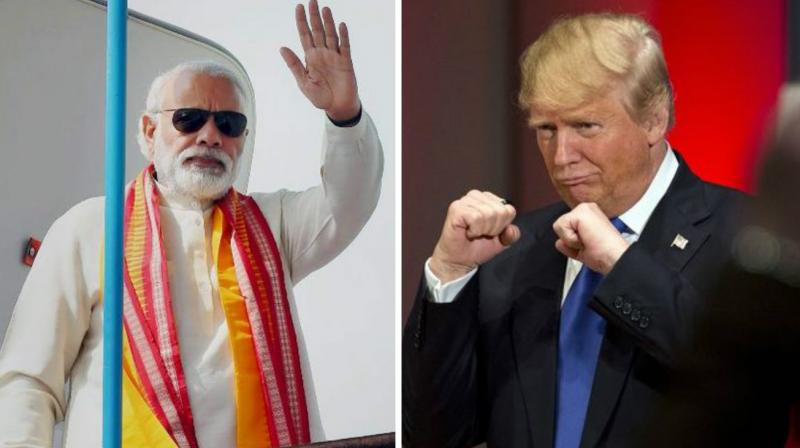The US recognized India as a ‘Major Defence Partner’ and made changes in its export control laws that would benefit India by facilitating easier transfer of technologies and arms to it. As per the new export control laws there will be a presumption of approval for Indian companies seeking to import Commerce Department-controlled military items except items that deal with Weapons of Mass Destruction.
It means that only under the rarest circumstances India will be denied licenses. The new rule also amends the law in favor of Indian companies as they will not need a license at all after becoming a Validated End User (VEU). Any company whether Indian or US operating in India can seek VEU status for both civil and military manufacturing. The benefit of this is that they need not to obtain individual licenses separately thus saving time and money.
According to experts the new rule would assist to build a global supply faster chain and react quickly to changing market conditions. Over 810 licenses representing USD 5 billion in trade in the last half decade have been granted for items covered under this new rule and most of these licenses are focused on aerospace systems and ground vehicles. To add icing to the cake, Indian companies will not be required by US law to seek approval for the re-export of goods that contain less than 25 per cent US content. India is the world’s largest weapons importer. Russia is the top arms supplier of India but purchases from U.S. are sharply increasing.
Pakistan is the main recipient of Chinese arms. It accounts to about 35% of Chinese arms exports. Bangladesh and Myanmar Chinese exports account to 20 and 16 per cent respectively. It shows the rising Chinese influence among Indian neighbors. Important thing to note is that China is third largest arms exporter of the world after Russia and USA. India as a ‘Major defence partner’ becomes relevant in this sense; it is necessary to challenge the Chinese hegemony and restrict it influence among Indian neighbors.
“I’m pleased to see India’s status as a ‘Major Defence Partner’ – a designation that we have strongly supported – be translated into tangible regulatory reform,” said Mukesh Aghi, president of US India Business Council (USIBC).The council had been working for a long time to make it happen and finally it is successful. India has the third largest armed forces in the world. The allocation of defence in the India’s union budget is approx USD 34.53 billion and 31.1% of the defense budget is spent on capital acquisitions. 60% of defence related requirements are met by imports. There is need of caution India should reduce its arms imports and work towards indigenization of defense industry.








